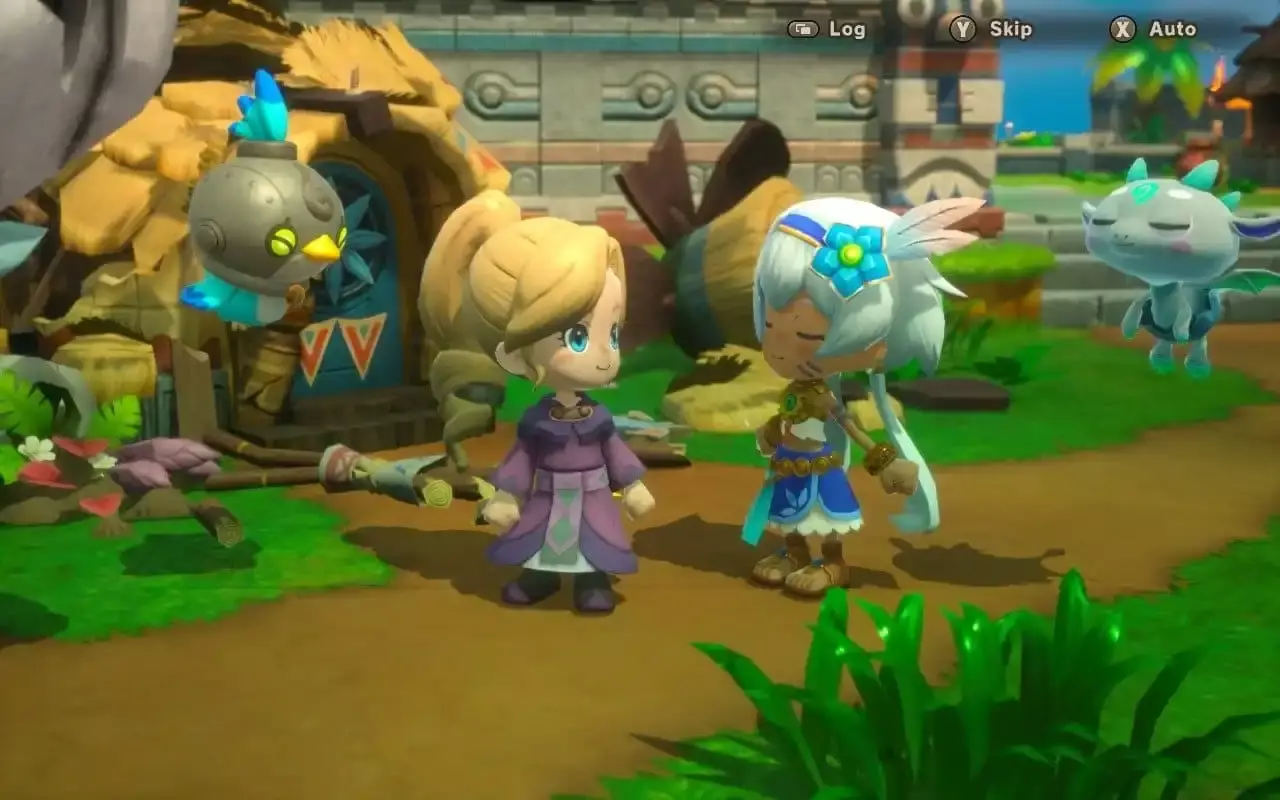In a gaming landscape often dominated by sequels and established franchises, Level-5 has accomplished a remarkable feat with the recent release of “Fantasy Life i: The Girl Who Steals Time.” Within just 48 hours of its launch, the game achieved impressive sales of 500,000 copies. Such rapid commercial success is not merely a stroke of luck but rather an amalgamation of strategic marketing, community engagement, and intrinsic gameplay appeal that resonates with players of all ages.
Building Community Through Engagement
One of the most fascinating aspects of Fantasy Life i’s success is Level-5’s commitment to fostering a vibrant community. To celebrate their game’s launch, the company initiated a unique “follow and repost campaign,” aimed at not only thanking its fans but also encouraging social media interaction. This initiative offers rewards like game codes and exclusive art pieces, emphasizing the importance of community in the digital age. By rewarding fan engagement, Level-5 is not merely selling a product; they are effectively building a loyal fanbase, which is crucial in an increasingly competitive market.
Leveraging Word of Mouth Marketing
It’s intriguing to note that Fantasy Life i appears to have thrived primarily through word-of-mouth marketing. This phenomenon is quite surprising, especially considering the significant delay in review codes, which meant that professional critiques and scores were scarce around the game’s launch date. Instead of relying on traditional media exposure, the game has caught fire organically, fueled by enthusiastic players sharing their experiences on social media platforms. This grassroots momentum indicates a shift in how games can achieve success without a heavy reliance on critical endorsements or flashy advertising campaigns.
The Anticipation of Future Content
Level-5’s recognition of their players’ enthusiasm extends beyond mere celebration. The studio has announced plans for additional downloadable content (DLC) to keep the game fresh and engaging, showcasing their commitment to continuous improvement. With new recipes and features designed to amplify the gaming experiences around high-rarity weapons, players are offered fresh avenues for exploration and creativity. While an official release date for this content is yet to be confirmed, it’s clear that the promise of additional material will likely sustain interest and excitement in the game community.
A Ripple Effect on Gaming Culture
The understated launch of Fantasy Life i raises questions about traditional marketing approaches within the gaming industry. Why did this game release with such a quiet fanfare yet still manage to capture the hearts of players? The answer lies in the intricate interplay of community-driven buzz and high-quality gameplay. Many gamers crave experiences that feel organically driven rather than mandated by corporate press agendas. This scenario illustrates a potential blueprint for future releases, suggesting that studios could benefit significantly from harnessing the power of their communities rather than solely banking on pre-launch hype.
Fantasy Life i is more than just a successful title; it’s a case study in modern marketing dynamics, showcasing the impact of genuine community interaction, the power of organic growth, and the evolving relationship between gamers and game developers.

